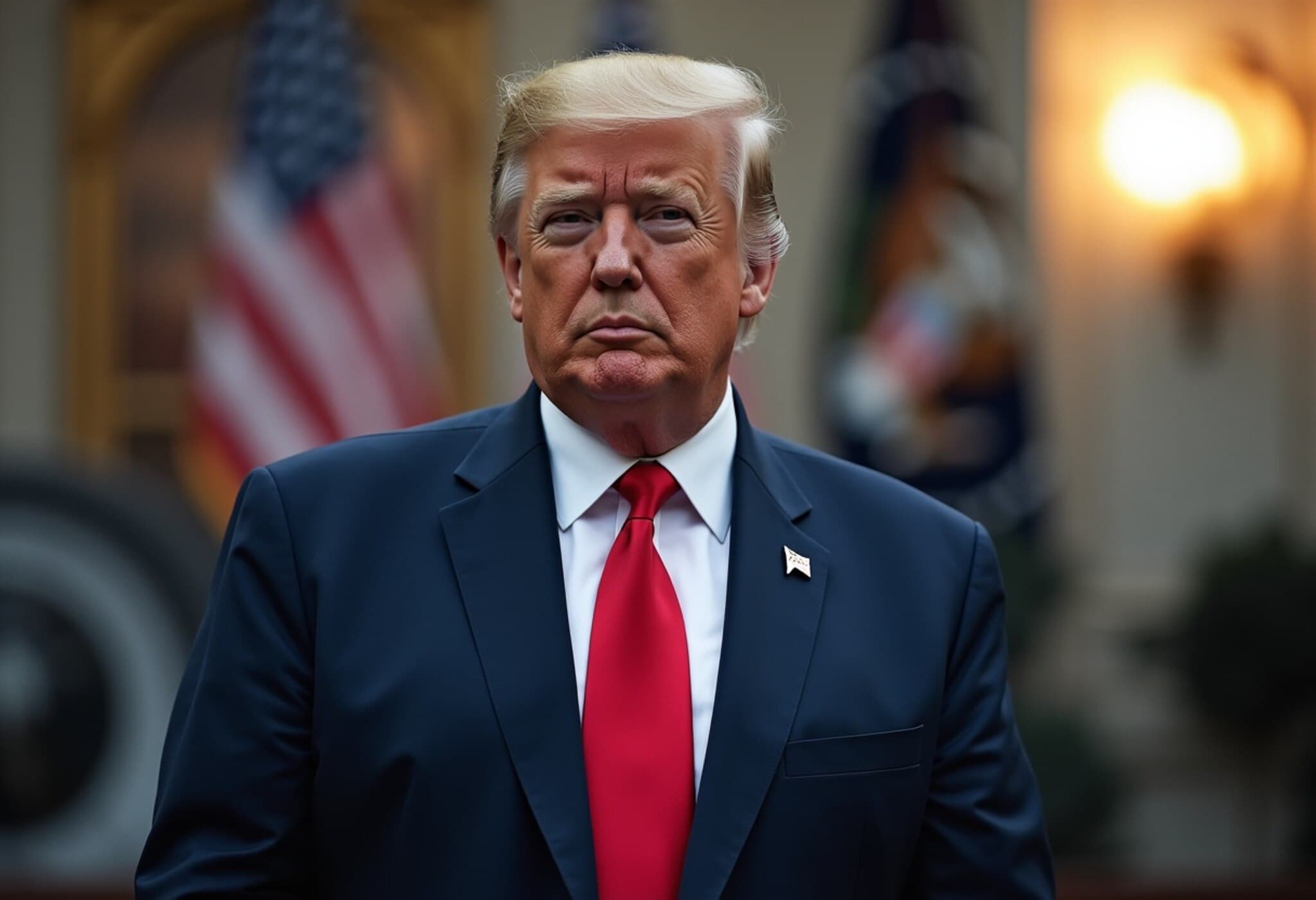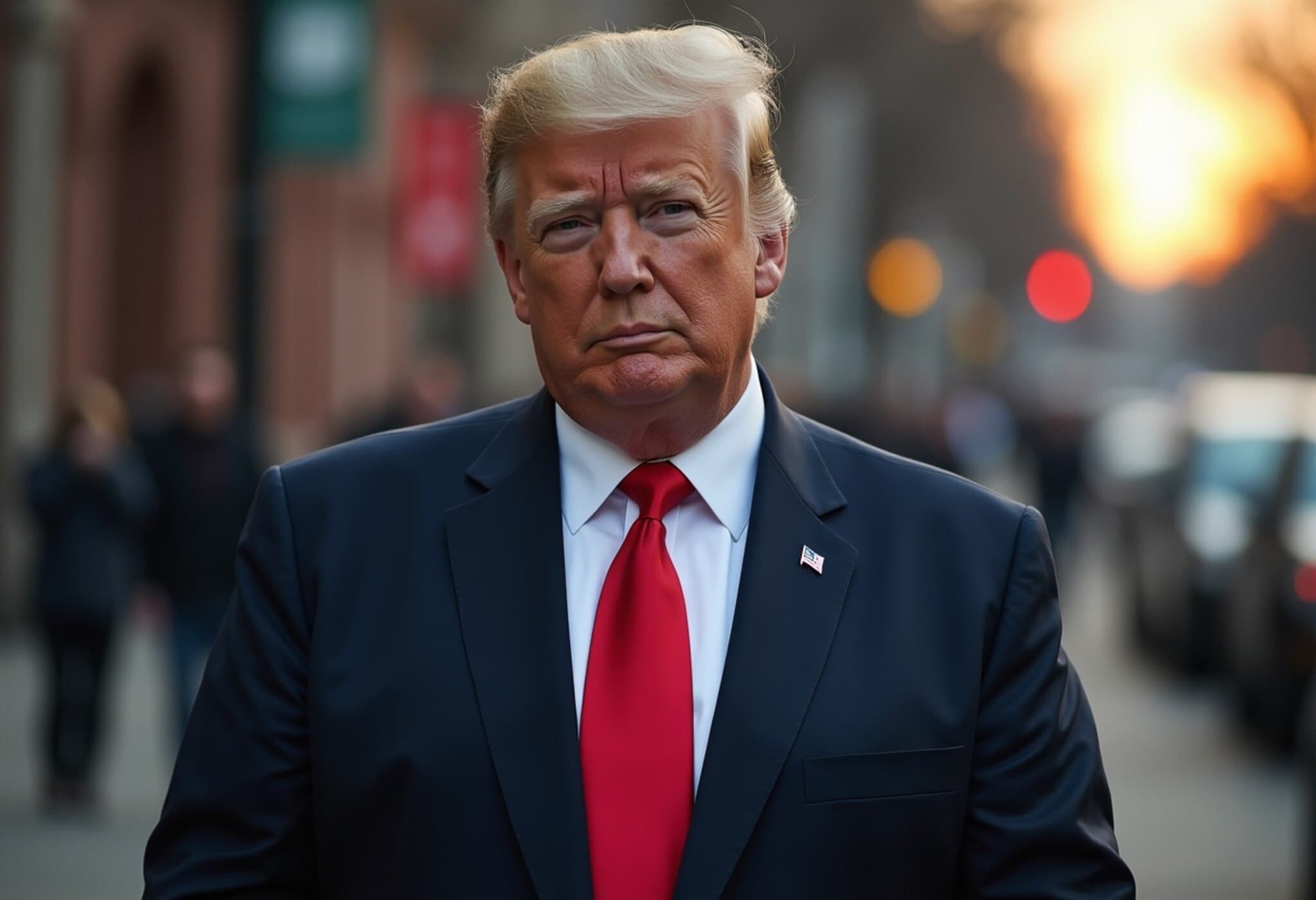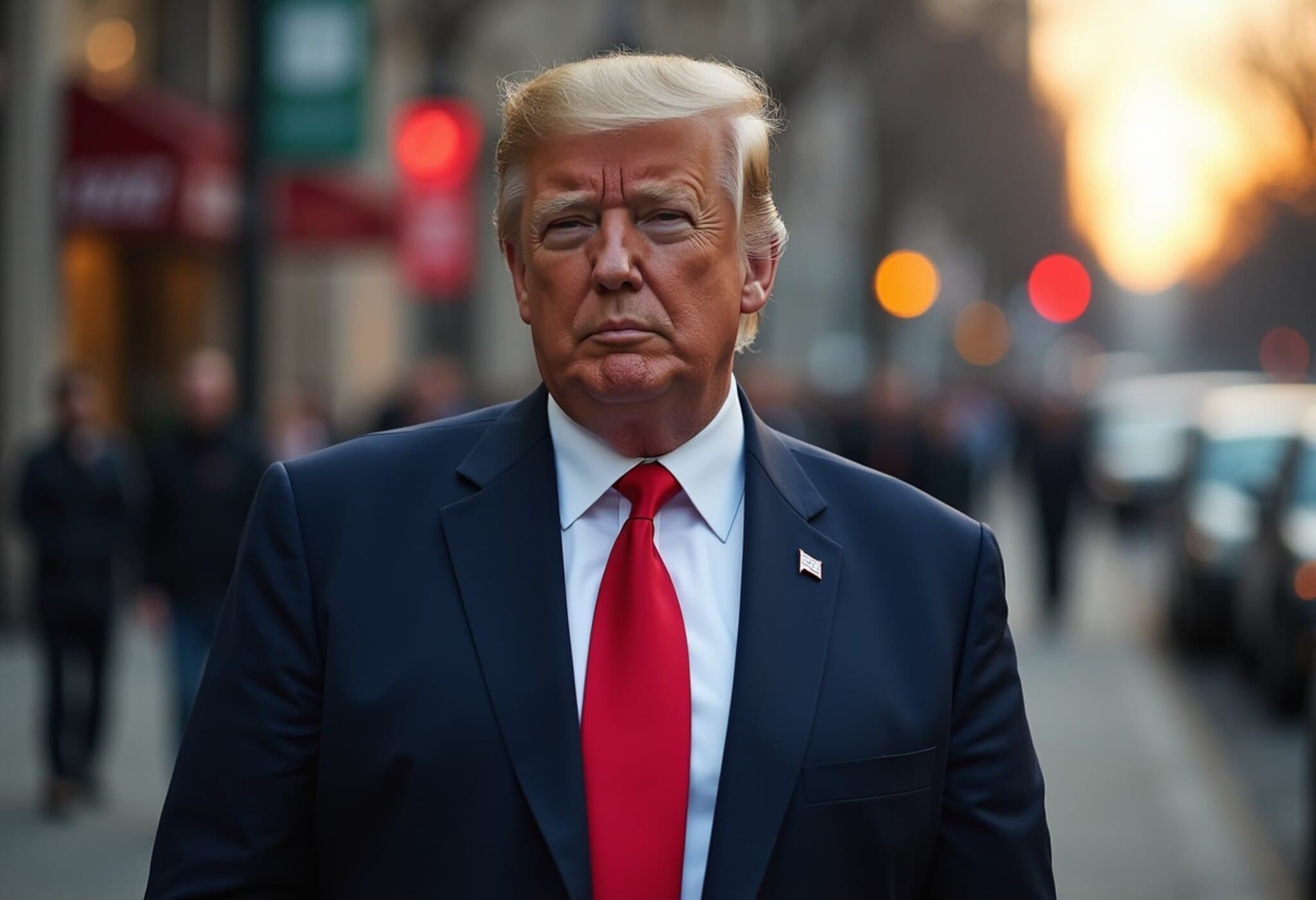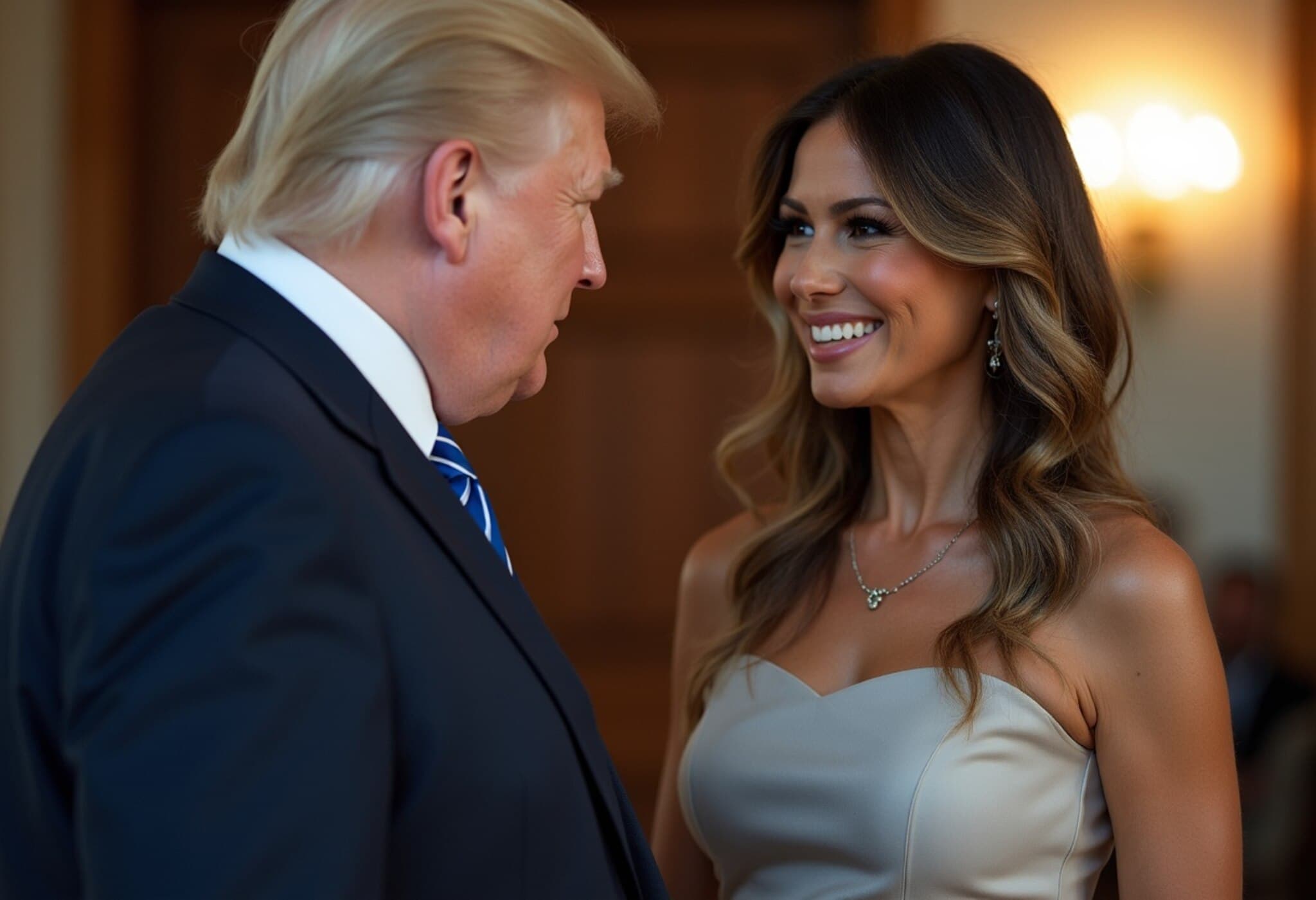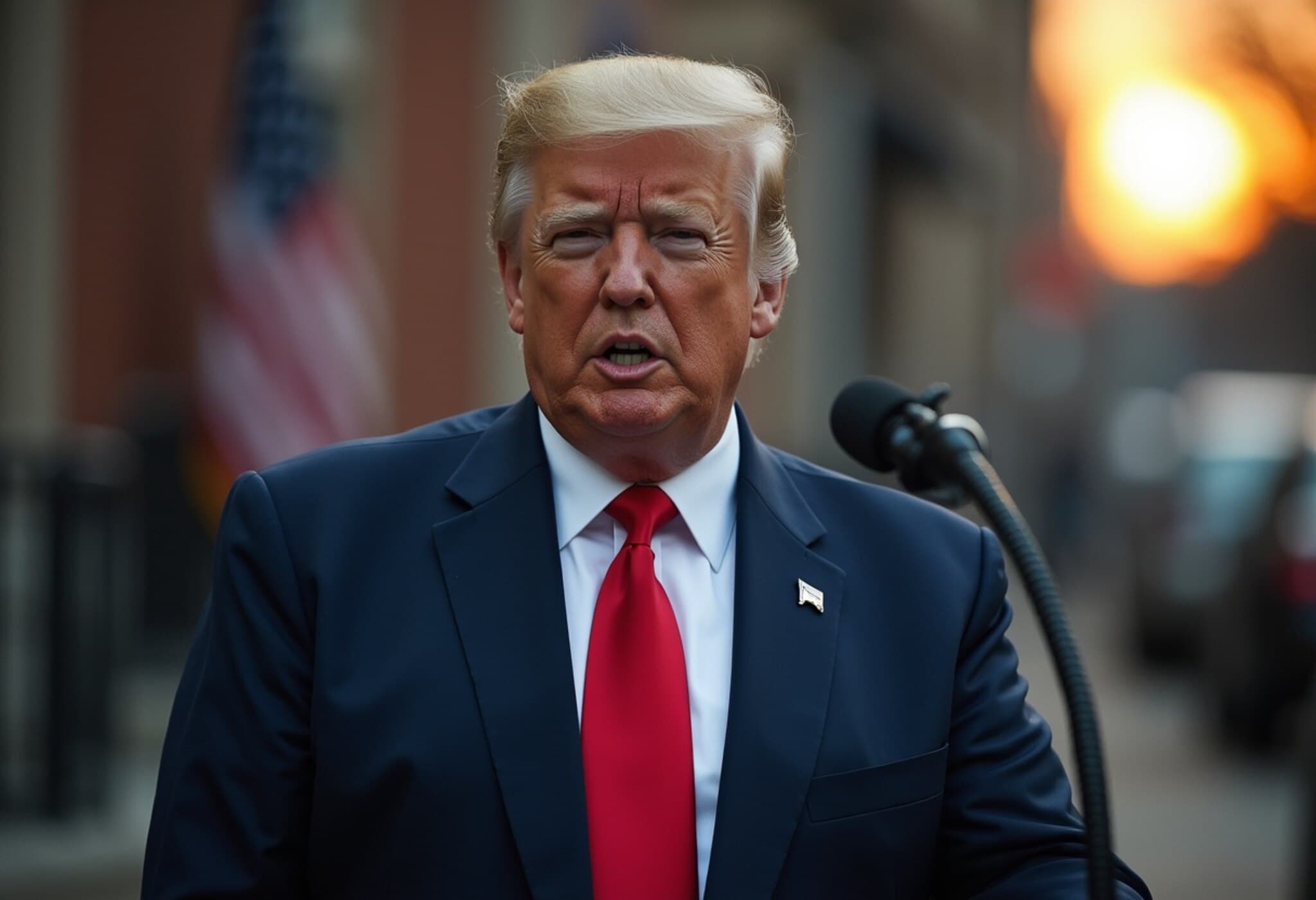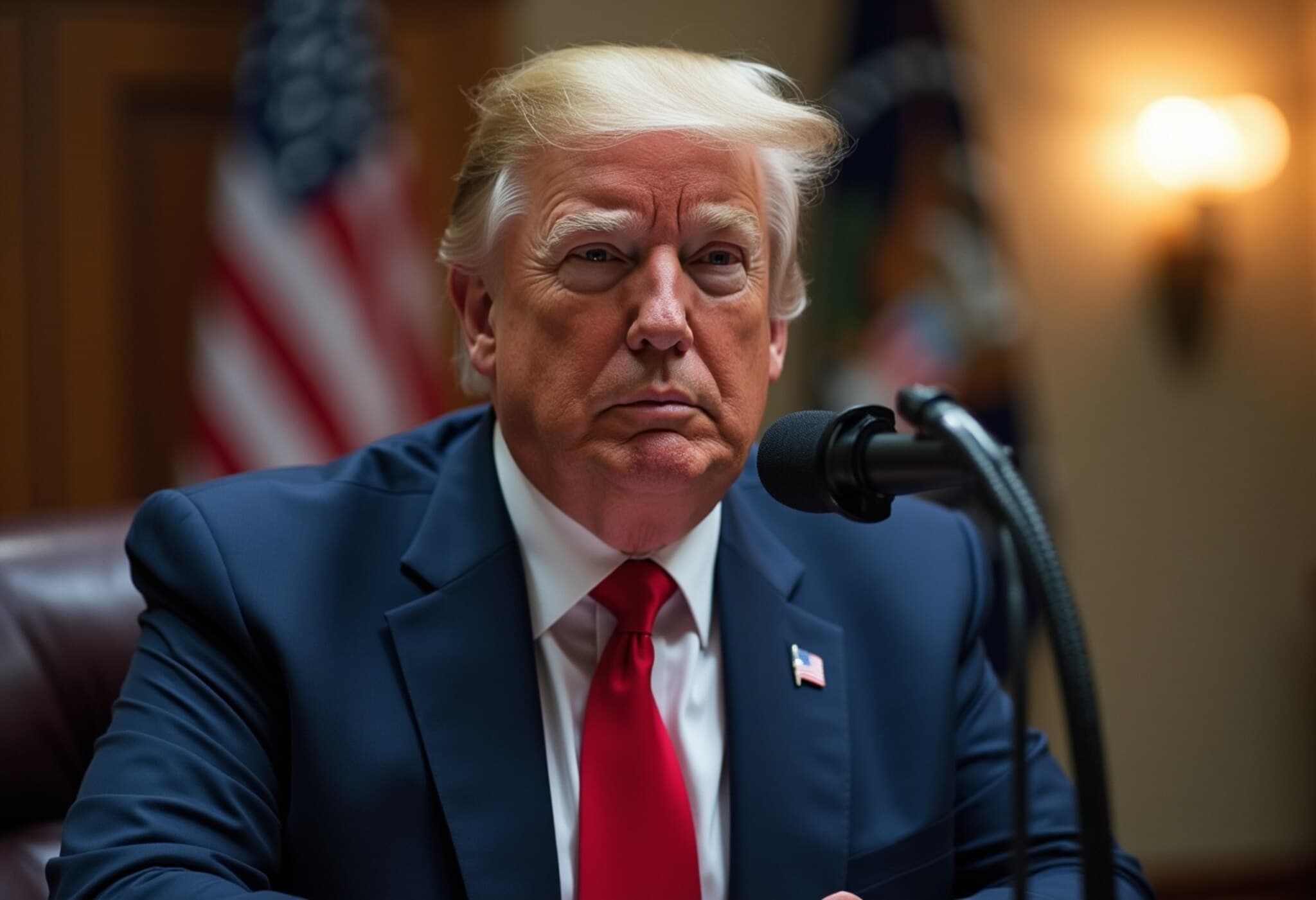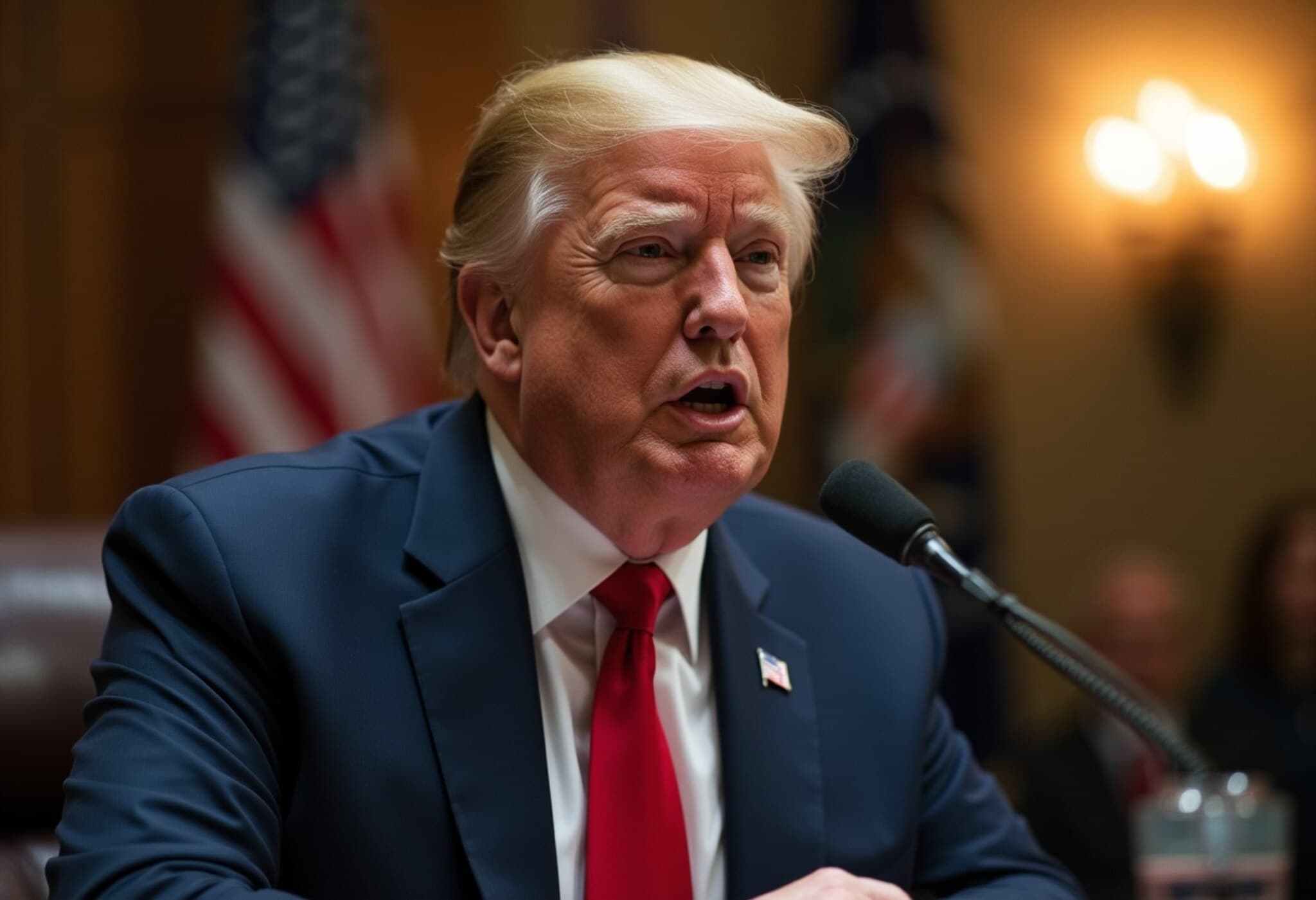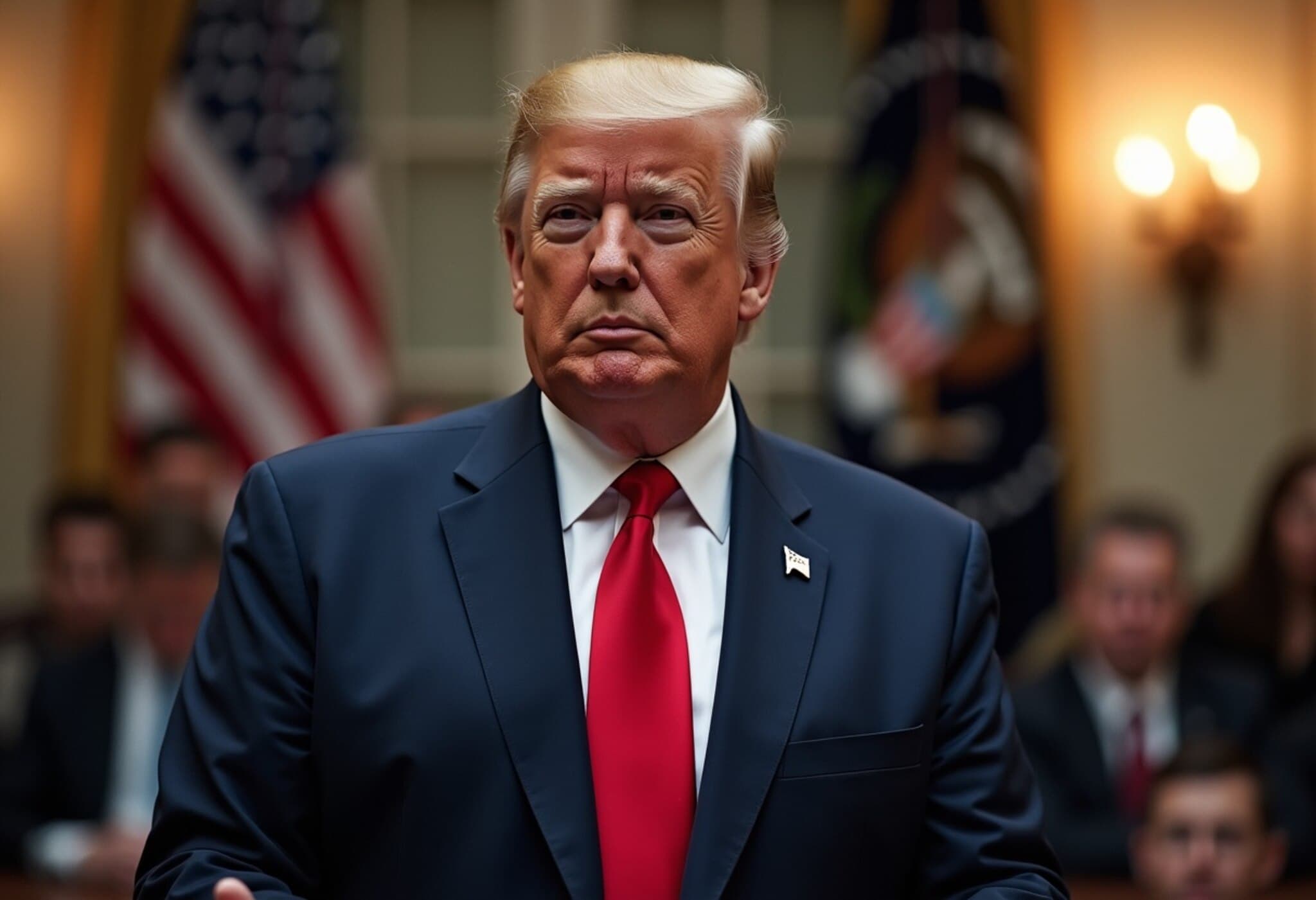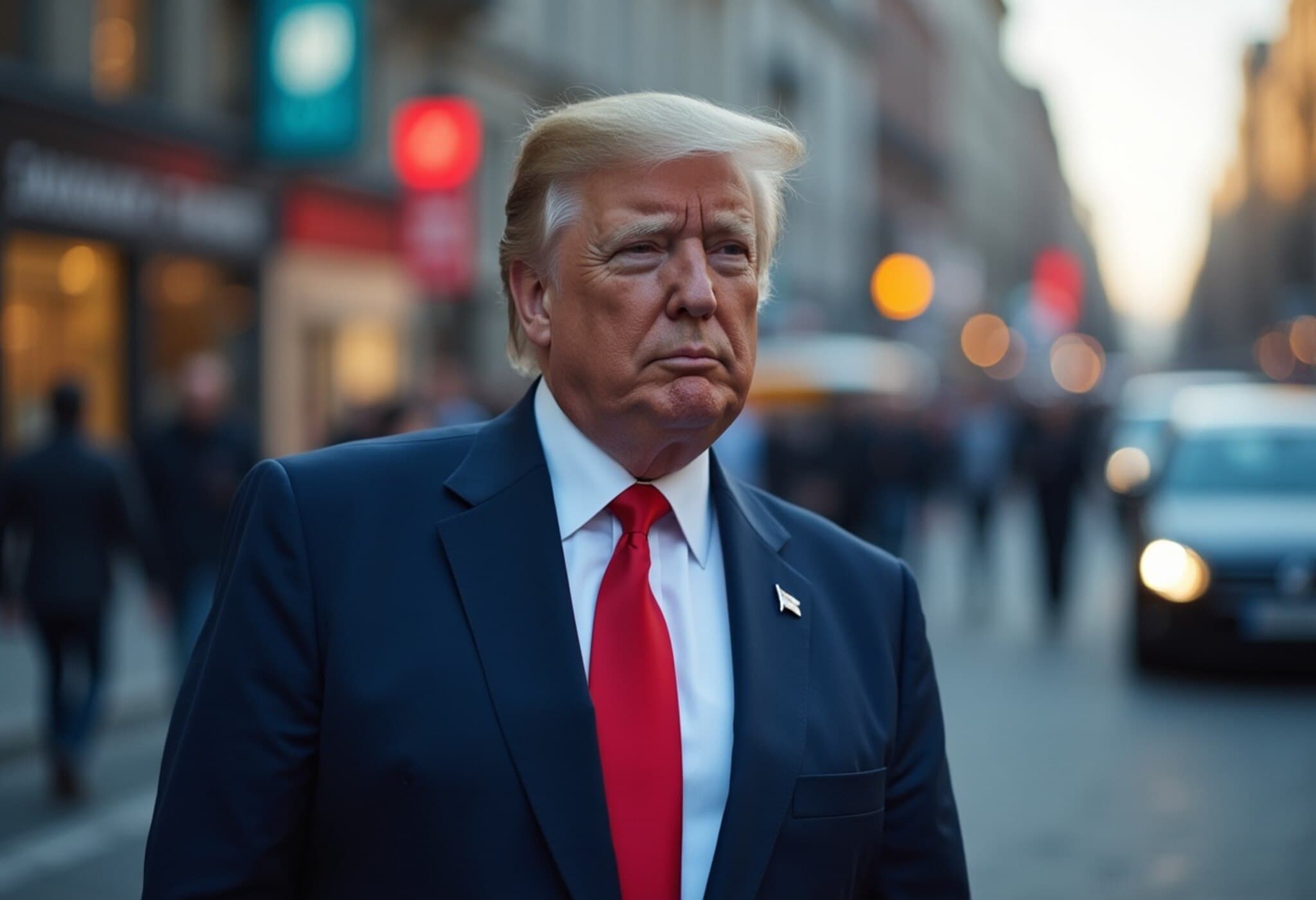Trump's Credibility Crisis: A Deep Dive Into Five Damaging Patterns
Donald Trump’s tenure as President of the United States has raised profound questions about the integrity and credibility of the American presidency. From controversial international claims to politicizing key institutions and retaliating against critics, Trump’s leadership style has unsettled political norms and shaken foundational pillars of governance.
1. Eroding US Leadership on the Global Stage
Once considered the unequivocal leader of the free world, the American presidency has suffered a considerable blow under Trump’s watch. Notably, Trump falsely claimed credit for engineering a ceasefire between India and Pakistan, suggesting heavy-handed trade threats forced peace—an assertion widely discredited by international analysts. Meanwhile, his promises to swiftly end conflicts such as the war in Ukraine or broker peace in Gaza have largely gone unfulfilled.
Even successes claimed regarding Iran’s conflicts remain hotly contested, with independent reports indicating the damage inflicted was substantial yet not decisive, and no significant agreements curbing Iran’s nuclear ambitions have materialized. Strategically, Trump's rhetoric and policy moves—ranging from proposing annexations of Greenland and parts of Canada to the Panama Canal—have fueled concerns about an aggressive imperialistic posture rather than diplomatic finesse.
2. Politicization and Institutional Attacks
An alarming trend under Trump has been his targeting of the independence of crucial federal institutions. Attempts to remove Federal Reserve officials and dismiss leaders at the Bureau of Labor Statistics after unfavorable economic data reports undermine the objectivity that sustains trust in US financial governance.
Such actions not only disrupt institutional stability but send ripples through global markets wary of political interference. Furthermore, Trump’s use of federal grant power to universities—often justified by accusations of political bias or antisemitism—has drawn criticism for muzzling academic freedom and chilling dissent.
Adding to concerns, frequent threats to deploy the military to crack down on crime in Democrat-led cities evoke fears of government intimidation tactics rather than community-focused policing strategies.
3. A Pattern of Retaliation and Vengeance
Trump’s approach to governance is often described as transactional and personal. Former National Security Advisor John Bolton’s FBI raid, perceived largely as politically motivated retaliation, reflects a broader pattern: the targeting of critics rather than impartial legal enforcement.
This environment includes filing impeachment threats against judges opposing his policies and pardoning convicted individuals ranging from January 6 rioters to gang leaders. The administration’s punitive measures extend to federal employees, with Forced Emergency Management Agency workers placed on leave after voicing administrative criticisms, and barring law firms engaged against Trump from federal contracts.
Such retaliatory measures feed an atmosphere of fear and undermine democratic norms of accountability and transparency.
4. Frequent Dissemination of False and Misleading Claims
Throughout his presidency, Trump has repeatedly amplified unverified or outright false claims to support his policy agenda. His narrative spinning around conflicts, economic performance, and justice system outcomes undermines public trust.
For example, labeling credible economic data as "fake" or dismissing official statistics has alarmed experts and necessitated installing loyalists in federal economic agencies, raising concerns about data manipulation to suit political ends.
5. Associations With Controversial Figures and Amplification of Extremism
Trump’s affiliations with contentious individuals, such as the late Jeffrey Epstein, have spotlighted ethical questions about figures close to the administration. Despite earlier aggressive critiques of Democrats related to the Epstein scandal, Trump’s own administration has resisted full transparency, revealing a complicated relationship.
Moreover, far-right personalities have gained unprecedented influence within the administration—raising alarms about the normalization of extremist views previously confined to society’s fringes.
What This Means for American Democracy and Governance
The cumulative effect of Trump’s actions has created a presidency marked by diminished credibility, troubling institutional politicization, and a fractured international reputation. Observers and experts warn that such erosion can have long-lasting consequences on America's global leadership and the robustness of its democratic institutions.
As the country navigates the post-Trump era, critical questions loom: How will US institutions restore their independence? What safeguards can prevent future leaders from weaponizing policy tools for personal vendettas? And how will America rebuild trust internally and with its allies worldwide?
Editor’s Note
Trump’s presidency serves as a stark case study in how executive power can be wielded in ways that challenge democratic norms and institutional integrity. This analysis underscores the vital importance of transparency, accountability, and respect for independent institutions in preserving the health of American democracy. Readers are encouraged to consider how these patterns resonate with broader debates on governance and civic responsibility today.

